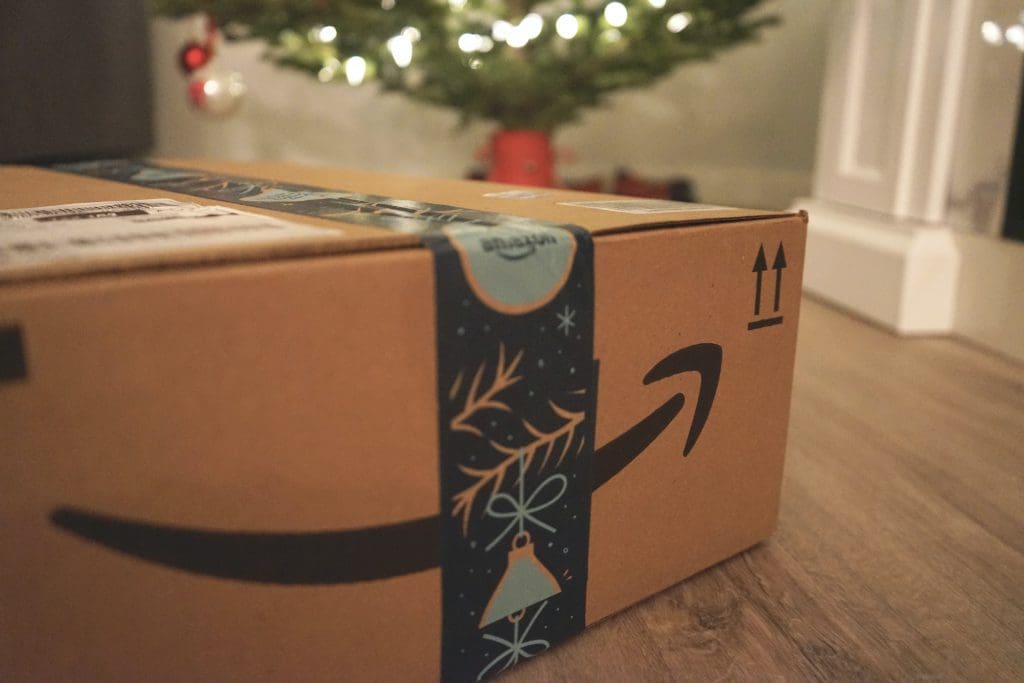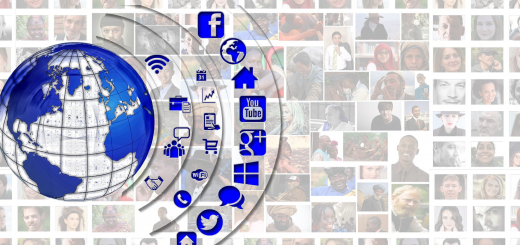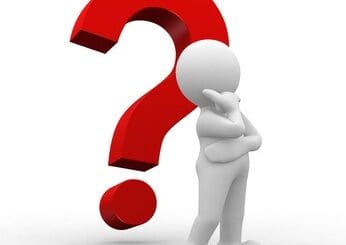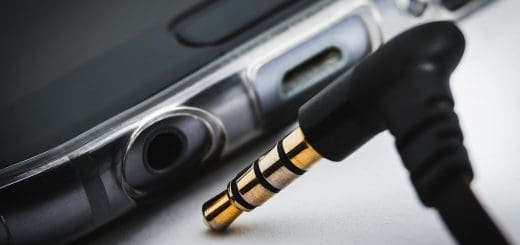Why Do We Use Retail Therapy as a Coping Mechanism?

You’ve probably seen memes, tiktoks, and other kinds of posts on social media about how the best part of the day is when a package with something you ordered has finally arrived. There’s something incredibly satisfying about placing an order and tracking every single step of the delivery process before it arrives at your front door. Recently, these memes are often associated with something about mental health, whether it be placing an order “just to feel something,” or using that wait for your package to arrive as a reason to look forward to the future.
The concept of using shopping as a coping mechanism isn’t new. In the past, retail therapy was often associated with going to the mall or some store and grabbing something frivolous or outside someone’s budget that they buy on impulse. Phones and social media has made retail therapy even easier however, with things available with just a tap on the phone (and even easier, a double click on the side button that has your Apple Pay linked up). At the beginning of the pandemic, started last year, there was a huge spike in people shopping online, with many making their purchases impulsively.
There are several reasons why we turn to shopping – and especially online shopping – when we’re feeling down. One of the biggest reasons is a sense of control: when things like pandemics, mental illness, overwhelming schedules, and negative life and news events are surrounding people constantly, making purchases that they want and that they believe will make them happy is way to restore any lost control. Online shopping is also like a lottery machine; you never know what you’re going to find if you keep scrolling on commerce websites, and your brain is telling you to keep going just in case you find the thing that’s perfect for you to buy. One study has even found that retail therapy can help reduce sadness.
Retail therapy can be helpful and we don’t always need to try and justify purchases that make us happy, but when done excessively, it can quickly become an unhealthy coping mechanism. Companies are also aware that people turn to retail therapy, and can take others’ poor mental health as an opportunity to constantly push their products – especially self-care and wellness ones – on vulnerable consumers. Now that many social media platforms include many personalized ads automatically integrated on their feeds (think of how Instagram has been criticized lately for wanting to be more of a shop than a photo platform), the temptation to shop can be even harder to fight off.
So if you want to reduce the number of times you online shop, but spend a lot of time on social media (especially when you’re depressed or anxious), and are constantly coming across personalized ads for things that are perfect for you to buy, what can you do? Again, it’s not that big of a deal to treat yourself every now and then, but it’s also up to you to determine just how long “every now and then” is. You can also see if you can explore alternatives to these items; for example, you can try making things yourself or see if someone is selling something similar secondhand. If you like having stricter rules in place, give yourself a small budget to spend each month for those times that you want to buy something that seems silly and useless online. Adblocks and turning off personalized ads can also go a long way too.
Do you do most of your shopping online? Do you find yourself buying things you don’t need? When do you find yourself doing them? Do you think you shop online as a coping mechanism?




Recent Comments